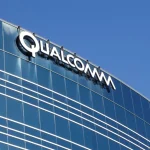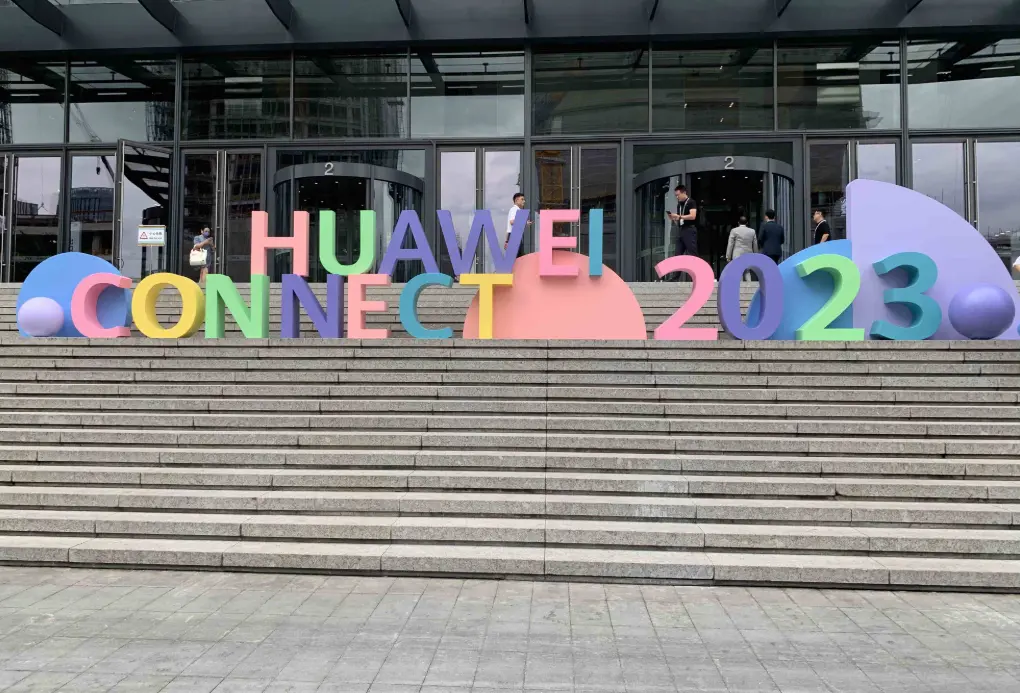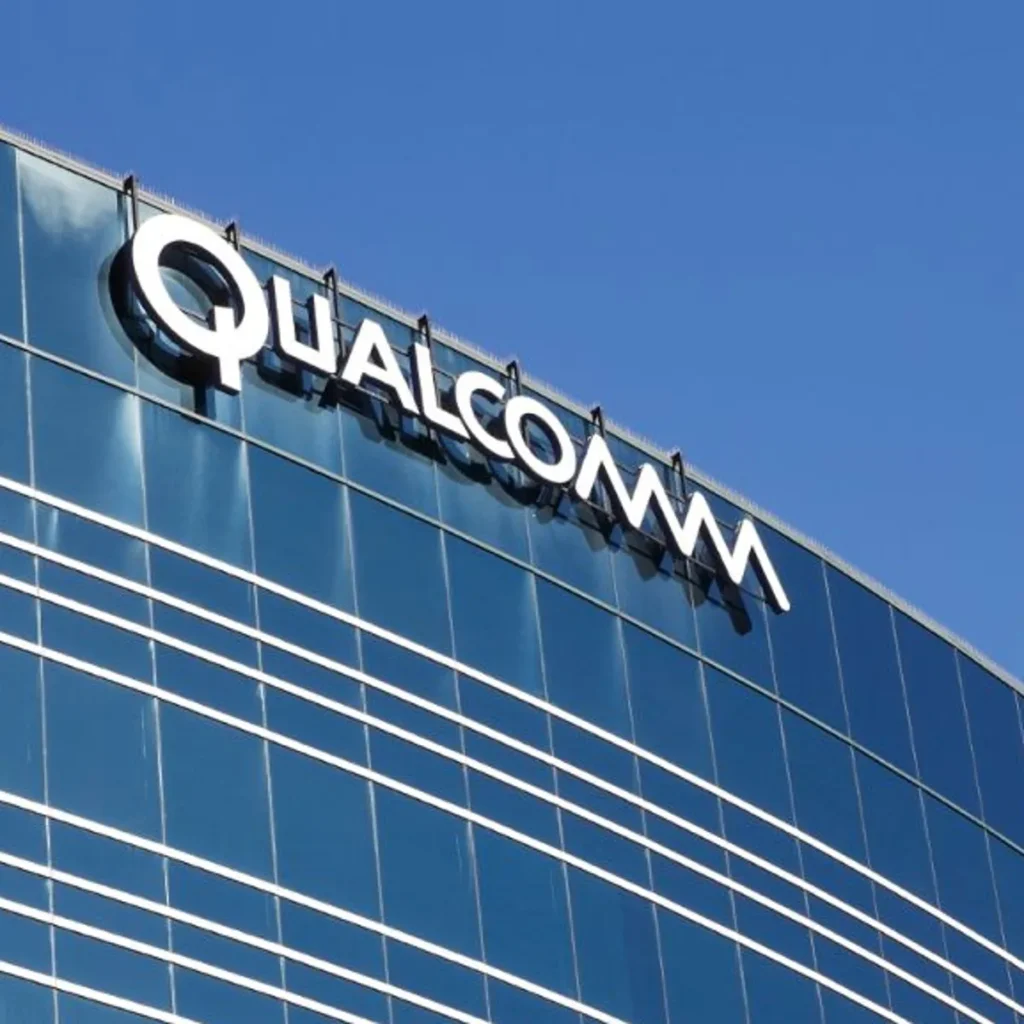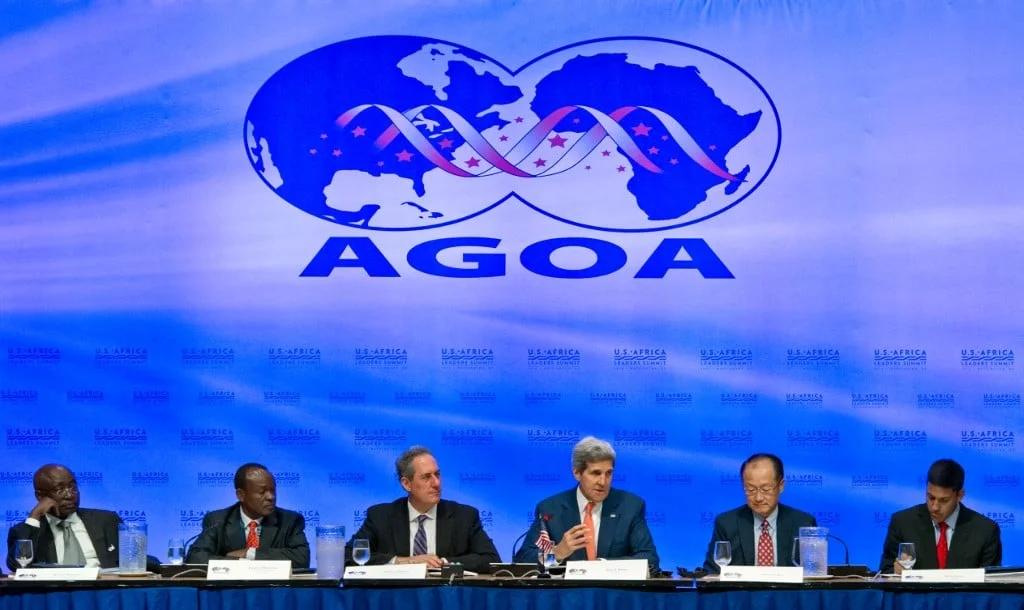Chinese tech giant, Huawei has unveiled plans to develop AI-powered solutions across diverse verticals in the space as well as develop a competent computing “backbone” as part of its bid to become the partner of choice for individual, corporate and government consumers across the globe.
In a keynote address, Sabrina Meng, Huawei’s Deputy Chairwoman, Rotating Chairwoman, and CFO, reiterated the company’s commitment by unveiling a whitepaper entitled “Accelerating Intelligent Transformation”. Meng described the company’s ongoing efforts to dive deep into foundational AI technologies and build a solid computing backbone for China.
Meng also stated that the company was interested in becoming “another option for the world” to indicate that the company is focused on attaining global leadership,
As artificial intelligence gains prominence on the global stage, and its impact on different industries continues to grow, Huawei’s All Intelligence strategy is designed to help all industries make the most of new strategic opportunities presented by AI.
Huawei also released a reference architecture for driving intelligent transformation at this year’s event, as well as several related products and solutions. This reference architecture is included in the company’s new white paper, Accelerating Intelligent Transformation, which offers practical advice and references to help industries make the most of intelligence.
About the Huawei Connect event
Huawei Connect is an annual flagship event hosted by Huawei for the global ICT industry. It is a platform where the company discloses innovative solutions that it has been working on for the year.
The flagship event in 2016 was a platform for Huawei to envision an intelligent world. The company called upon its partners worldwide to build a diverse and thriving tech ecosystem. The following year (2017), the company announced its goal of becoming one of the world’s five major cloud service providers.
At the Connect 2018 event, the company revealed its AI strategy that would make it a global force in 5 years. Then, in its 2019 Huawei Connect event, the company made exciting announcements about its computing strategy.
This year’s event is the first physical Huawei Connect held in Shanghai event owing to the COVID-19 pandemic which had a significant impact in China in 2020.
In 2020, the first virtual Huawei Connect was streamed from Shanghai and it saw virtual participation from across the globe. At that event, Chairman Guo Ping announced that Huawei is creating new values by building products that will rely on synergy across five tech domains: 5G, connectivity, cloud, AI, computing, and industry applications.
Unveiling new infrastructure design that enables AI
In a similar keynote session, David Wang, Huawei’s Executive Director of the Board and Chairman of the ICT Infrastructure Managing Board announced the launch of the new Atlas 900 SuperCluster, the latest offering in Huawei’s Ascend series of computing products. The Atlas 900 is optimized for training massive AI foundation models with over one trillion parameters.
With high-density 800GE ports, the SuperCluster’s two-layer switching network can connect up to 2,250 nodes per cluster – equivalent to 18,000 NPUs – without oversubscription.
Wang also announced that the company has leveraged its strengths in computing, storage, network, and energy to systematically improve system reliability at the component, node, cluster, and service levels.
System reliability is important for training massive foundation models. He added that this has effectively extended the cluster’s ability to support continuous model training from several days to a month or more.
“We now stand at the threshold of a new and intelligent world, with vast opportunities and challenges ahead of us. We need to work together, dig deep into industry-specific scenarios, and build a solid computing backbone to power countless new AI models and applications. Together, we can help all industries go intelligent, and help them do it faster”,
Wang also led other partners to launch nine new intelligent industry solutions based on Huawei’s intelligent transformation reference architecture. These are designed to meet the specific needs of different industries: finance, government, manufacturing, electric power, and railways.
Introducing the Pangu AI model for different purposes
Another exciting introduction at Huawei Connect 2023 is the Company’s Pangu AI model. Unveiled by Zhang Ping’an, Executive Director, the CEO of Huawei Cloud Computing Technologies, Pangu focuses on the most pressing needs different customers face
Huawei had previously released the Pangu Models 3.0 in July The company then unveiled its 5+N+X decoupling architecture and layered AI capabilities that can support a range of models and applications.
This new unveiling by Huawei Cloud further extends Pangu models into specific applications for mining, government, vehicles, weather, medicine, virtual humans, and R&D. For example, the Pangu Vehicle Model solves the problem of training autonomous driving systems to navigate various complex scenarios. The Pangu vehicle large model addresses this issue by creating simulated scenarios such as dusty mining environments, steep inclines, and sharp turns, providing automatic annotations.
As a result, it has shortened the training cycle for autonomous driving corner cases from over two weeks to just two days.











